7 Key Points to Consider When Choosing a Servo Motor
Selecting the right servo motor is crucial for achieving optimal performance in various applications, from industrial automation to robotics. The diverse range of servo motors available in the market can make the selection process daunting. This article aims to provide a comprehensive guide on how to select a servo motor, taking into consideration key factors such as torque requirements, speed, precision, and other essential considerations.
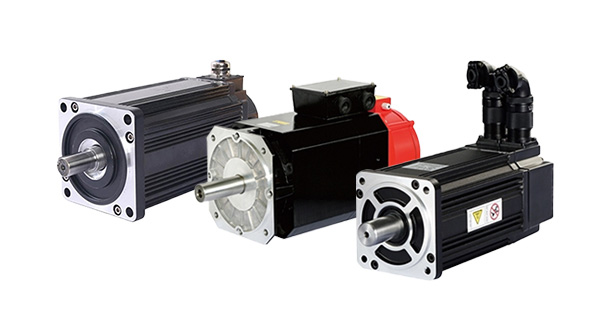 1. Load inertia. When choosing a motor, you need to consider the inertia of the load it needs to drive. The greater the inertia, the greater the motor torque required, and the more powerful the motor needs to be
1. Load inertia. When choosing a motor, you need to consider the inertia of the load it needs to drive. The greater the inertia, the greater the motor torque required, and the more powerful the motor needs to be
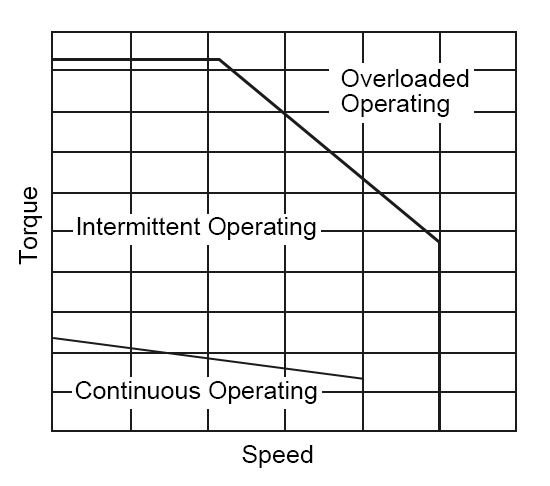 selected. Knowing the load specific inertia of your application is the key to choosing the right servo motor.
selected. Knowing the load specific inertia of your application is the key to choosing the right servo motor.
2. Range of speed. The choice of servo motor speed range depends on the application. If high-speed movement is required, high-speed motors need to be selected. If precise control and low speed movement are required, a low speed motor needs to be selected.
3. Peak torque. Peak torque is the most torque required at any one point throughout the cycle. Ideally, peak torque is in the intermittent region of the torque curve because it's not as sustainable. If the peak torque required by the application falls in the motor's continuous region, it's likely oversized.
4. Control mode. The servo motor can be controlled by open loop or closed loop. Open loop control is simple and suitable for low precision applications. High precision closed-loop control for high precision applications.
5. Reliability and lifespan. The selection of the motor needs to consider its reliability and life. Under normal circumstances, brand awareness and good after-sales service motor quality is more reliable.
6. Cost. Cost is also one of the factors to consider when choosing a motor. High-cost motors may perform better, but may not be the most appropriate choice, and need to be considered according to the specific application needs. You need to find a solution that strikes a balance between performance and price.
7. Environmental Conditions. Consider the environmental conditions in which the servo motor will operate. Factors such as temperature, humidity, and exposure to dust or liquids can impact motor performance. Choose a servo motor with the appropriate environmental protection ratings for your application.
Choosing a servo motor involves a thoughtful consideration of various factors, ranging from torque requirements to environmental conditions. By understanding the specific needs of the application and carefully evaluating the available options, one can ensure the optimal performance and longevity of the servo motor in the given system. Hope this article will assist you in making informed decisions when faced with the task of selecting a servo motor for their applications.
We offer AC servo motor, DC servo motor, RC servo motor and so on. We use a DC power supply to convert AC to DC and synchronous design to offer users more precise control. No matter what type of servo motor it is, we need to understand how to use it and use correctly.

 selected. Knowing the load specific inertia of your application is the key to choosing the right servo motor.
selected. Knowing the load specific inertia of your application is the key to choosing the right servo motor.2. Range of speed. The choice of servo motor speed range depends on the application. If high-speed movement is required, high-speed motors need to be selected. If precise control and low speed movement are required, a low speed motor needs to be selected.
3. Peak torque. Peak torque is the most torque required at any one point throughout the cycle. Ideally, peak torque is in the intermittent region of the torque curve because it's not as sustainable. If the peak torque required by the application falls in the motor's continuous region, it's likely oversized.
4. Control mode. The servo motor can be controlled by open loop or closed loop. Open loop control is simple and suitable for low precision applications. High precision closed-loop control for high precision applications.
5. Reliability and lifespan. The selection of the motor needs to consider its reliability and life. Under normal circumstances, brand awareness and good after-sales service motor quality is more reliable.
6. Cost. Cost is also one of the factors to consider when choosing a motor. High-cost motors may perform better, but may not be the most appropriate choice, and need to be considered according to the specific application needs. You need to find a solution that strikes a balance between performance and price.
7. Environmental Conditions. Consider the environmental conditions in which the servo motor will operate. Factors such as temperature, humidity, and exposure to dust or liquids can impact motor performance. Choose a servo motor with the appropriate environmental protection ratings for your application.
Choosing a servo motor involves a thoughtful consideration of various factors, ranging from torque requirements to environmental conditions. By understanding the specific needs of the application and carefully evaluating the available options, one can ensure the optimal performance and longevity of the servo motor in the given system. Hope this article will assist you in making informed decisions when faced with the task of selecting a servo motor for their applications.
We offer AC servo motor, DC servo motor, RC servo motor and so on. We use a DC power supply to convert AC to DC and synchronous design to offer users more precise control. No matter what type of servo motor it is, we need to understand how to use it and use correctly.
Post a Comment:
You may also like:
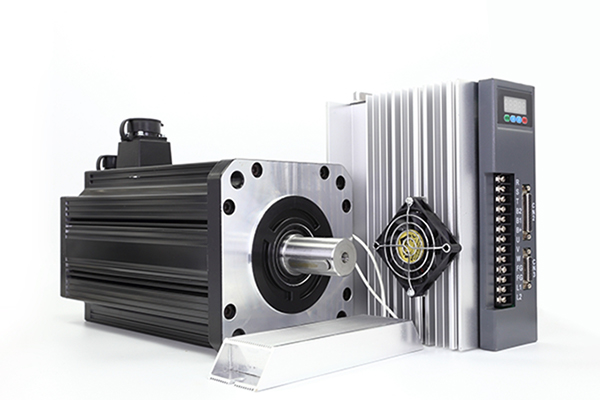
Category
Featured Articles
Troubleshooting of Servo Motor
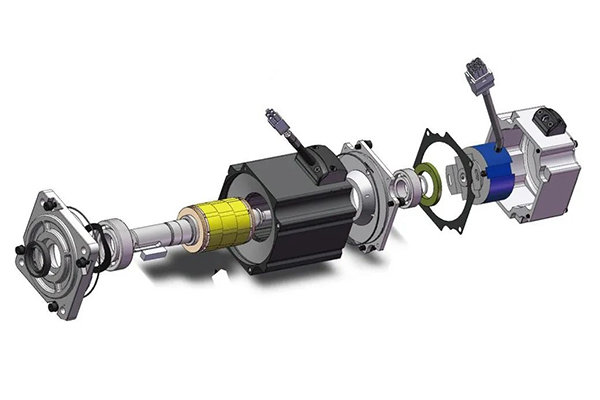 Servo motors play a crucial role in various industrial applications, providing precision control and efficient performance. ...
Servo motors play a crucial role in various industrial applications, providing precision control and efficient performance. ...
 Servo motors play a crucial role in various industrial applications, providing precision control and efficient performance. ...
Servo motors play a crucial role in various industrial applications, providing precision control and efficient performance. ...Safety Precaution For Using Servo Motor
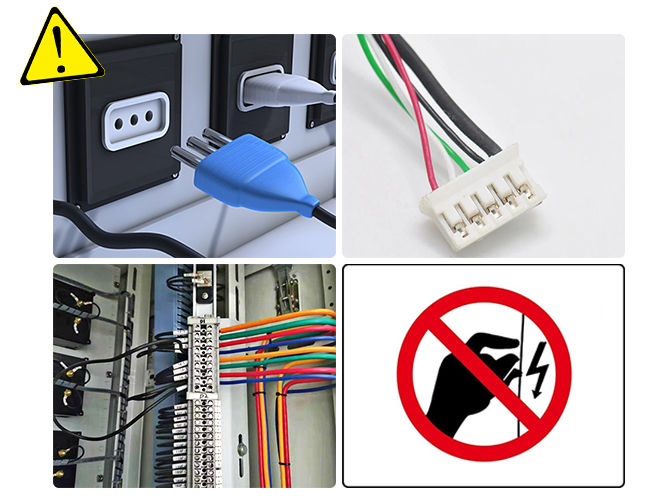 In the realm of industrial automation, servo motors play a crucial role in achieving precision and control. These devices are ...
In the realm of industrial automation, servo motors play a crucial role in achieving precision and control. These devices are ...
 In the realm of industrial automation, servo motors play a crucial role in achieving precision and control. These devices are ...
In the realm of industrial automation, servo motors play a crucial role in achieving precision and control. These devices are ...Why Use Servo Motor as Test Load?
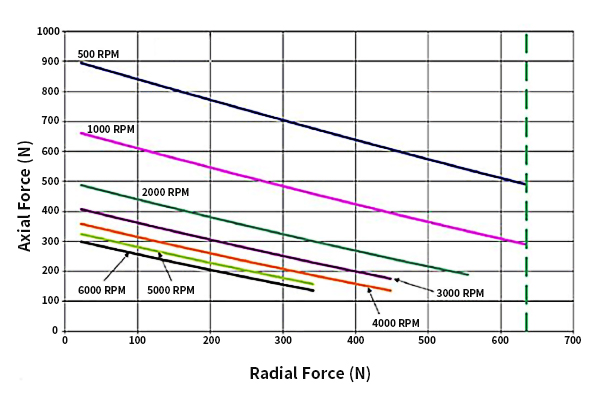 Dynamometer is mainly divided into two parts: cabinet and frame, while the frame mainly has the motor under test, torque speed ...
Dynamometer is mainly divided into two parts: cabinet and frame, while the frame mainly has the motor under test, torque speed ...
 Dynamometer is mainly divided into two parts: cabinet and frame, while the frame mainly has the motor under test, torque speed ...
Dynamometer is mainly divided into two parts: cabinet and frame, while the frame mainly has the motor under test, torque speed ...Difference Between Servo and Stepper ...
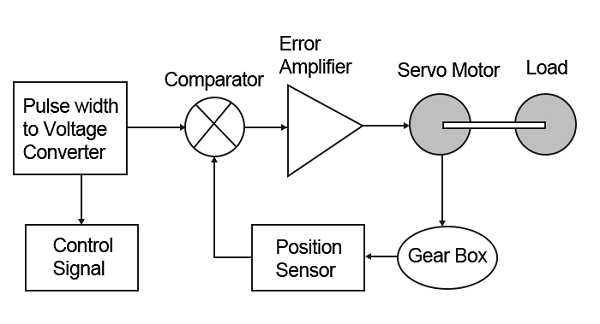 Servo motor and stepper motor are almost used in all automated industries where high precision is to be achieved. Though servo ...
Servo motor and stepper motor are almost used in all automated industries where high precision is to be achieved. Though servo ...
 Servo motor and stepper motor are almost used in all automated industries where high precision is to be achieved. Though servo ...
Servo motor and stepper motor are almost used in all automated industries where high precision is to be achieved. Though servo ...